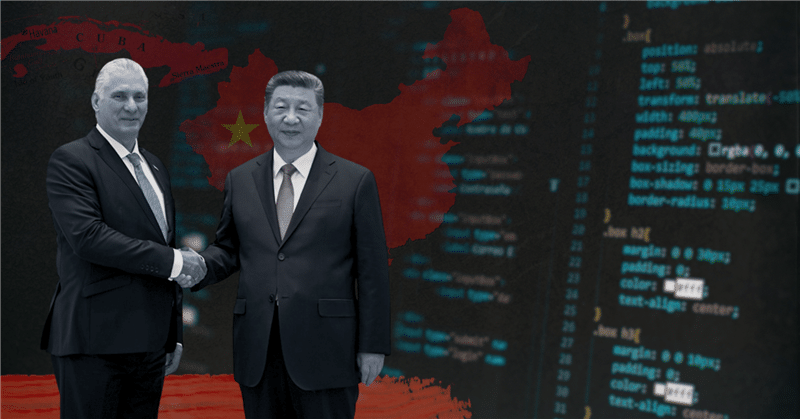The New Digital Authoritarians

Just days ago, Cuba signed a cybersecurity agreement with Russia, Iran, China, North Korea, and Venezuela. At first glance, it appears to be a technical cooperation pact. But the names on the list tell a very different story—this is a political move by a bloc of authoritarian regimes aiming to hijack the concept of “cybersecurity” to deepen domestic control, silence dissent, and reshape global digital norms in their own image.
It’s no surprise that autocrats understand each other. They share tactics, goals, and a profound hostility toward freedom. What’s more troubling is their growing ambition to lead international conversations on critical democratic issues like internet governance, digital sovereignty, and content regulation.
Despite its size, the communist island of Cuba has long played a strategic role on the multilateral stage. It was one of the first regimes to shamelessly take a seat at the UN Human Rights Council (and former Commission) while being among the world’s worst violators of those very rights. More importantly, the authoritarians in Havana taught others how to navigate—and exploit—the system to gain legitimacy and shield themselves from scrutiny.
China clearly took note. Since joining the WTO, it has launched a bold strategy to dominate UN institutions, seeking to influence global rules from within and secure international cover for its authoritarian model.
This new cybersecurity agreement is no isolated event. It’s part of a broader effort to redefine “cybersecurity” as state sovereignty—which in practice means more government control and less personal freedom. For these regimes, free and secure internet access, as offered by initiatives like Starlink, isn’t a public good—it’s a threat. And soon, they will try to codify it as a cybercrime. Democracies must be alert. They cannot let the censors write the digital rulebook as they seem to be doing. True cybersecurity—the kind that protects individual rights, privacy, and open access to information—is essential to democratic resilience. Otherwise, we risk letting the jailers of liberty masquerade as its protectors in the digital age.
Hernán Alberro is a Senior Fellow with VOC’s Latin America Program. All opinions are those of the author and do not necessarily represent the position or views of the institutions they represent or VOC.

